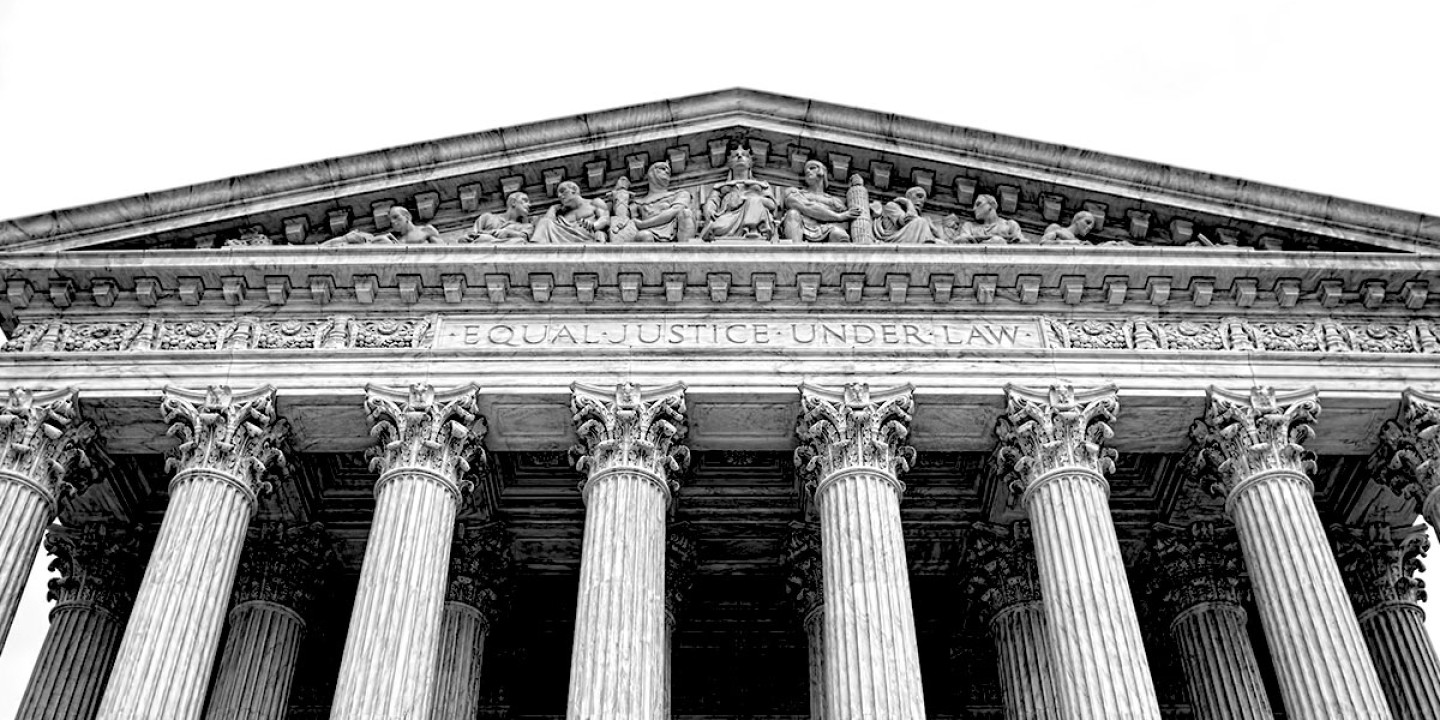Roe v. Wade was a compromise
It established a right—a limited one—to make your own decisions in a complex ethical area.

The Century editors see eye to eye on many subjects. The ethics of abortion is not one of them. Some of us see abortion as a moral good; others very much do not. Some of us find it morally troubling but maintain that there are instances in which it is the least bad option.
We agree, however, about Roe v. Wade, the 1973 decision the US Supreme Court overturned today. It was a crucial legal protection that empowered people to make such ethical determinations for themselves—and to act on them without fear of legal sanction. Now that protection is gone.
To be sure, ethical issues are often legislated and litigated in our society, even at the expense of individual choice. But abortion is especially complex, because it involves ethical claims about competing rights—claims that cannot be tidily resolved. What exactly is the moral status of a fetus, and how should the rights of that fetus be weighed against the bodily autonomy of women and pregnant people? This question cannot be answered definitively by appeals to empiricism or even to a standard ethical concept like human dignity. Ultimately it is a philosophical question—one that the people closest to it should answer for themselves, rather than being bound by the views of experts and authorities.
The Supreme Court has at times seen its role as articulating practical compromises on difficult, polarizing issues. Roe is an example of this, as is Planned Parenthood v. Casey, the 1992 decision that upheld and modified Roe. Within a framework of competing rights claims—one by a pregnant person, the other on behalf of a fetus—it is hard to identify any space for compromise. It’s quite straightforward, however, to come up with a practical compromise on this rather different question: Does personhood and its attendant rights begin at conception or at birth? Roe established such a compromise: it’s somewhere in between. Casey changed the rule for determining where this line is but kept the principle intact.
The rights language that pervades the abortion debate can obscure the extent to which Roe was a compromise. And the anti-abortion movement has been gunning for Roe for so long that the landmark decision has become synonymous with abortion rights in the US. But Roe was not a maximally pro-abortion rights decision—far from it.
Overturning Roe will not end abortion—but it will increase the medical dangers of abortion, along with making access to it contingent on financial resources and the ability to travel. Neither will overturning Roe resolve the ethical and philosophical questions that are still up for debate—but it will mask the complexity of these questions by allowing for abortion to be criminalized. People who have abortions often need help; they never need punishment.
When the nation is split on a question that can’t be easily answered or resolved, a practical compromise like Roe—one that empowers people to make such difficult choices for themselves, within some limits—is exactly what’s needed. The Roe court charted such a path. Unfortunately, that’s not the sort of court we have now.





